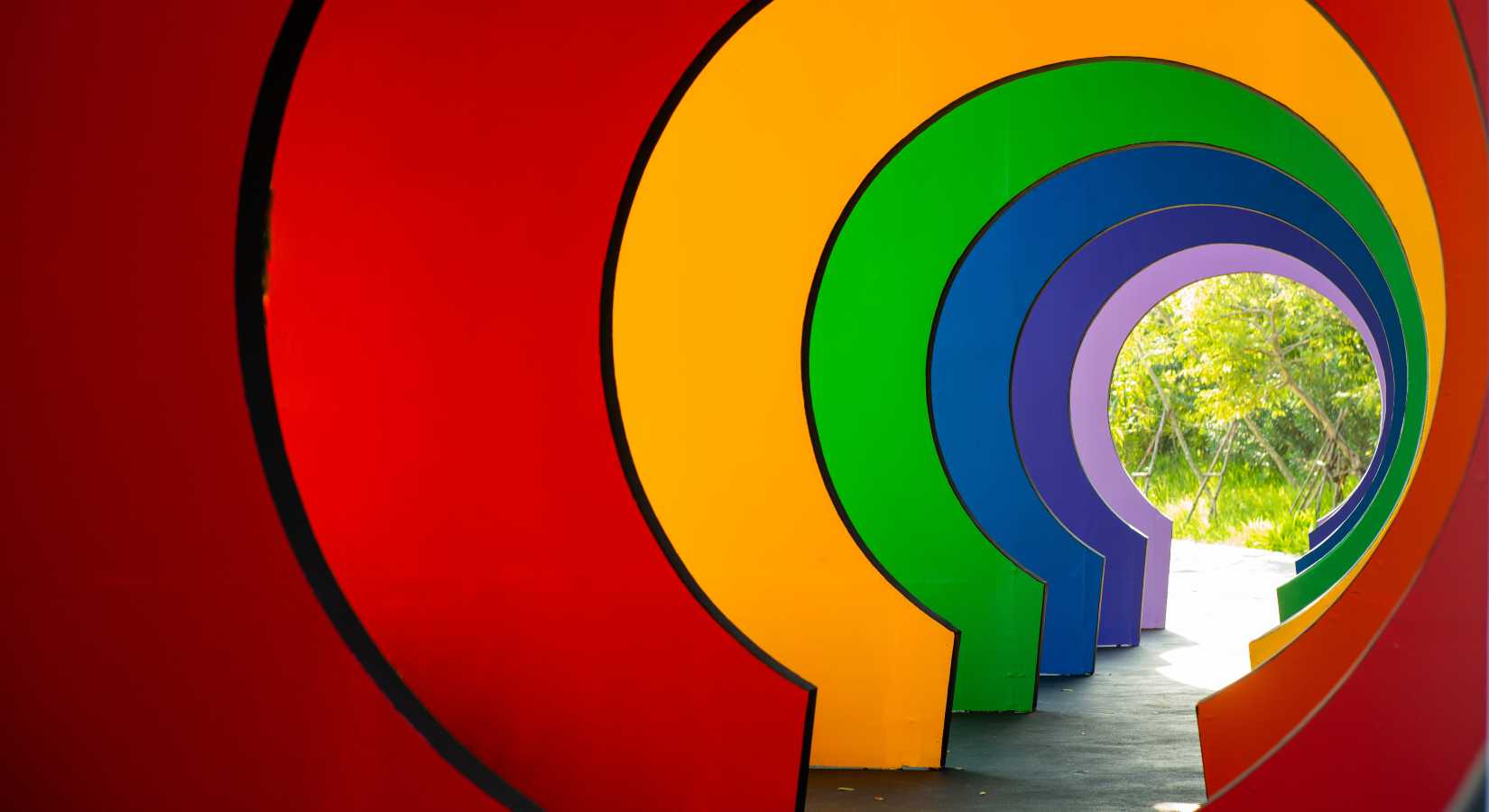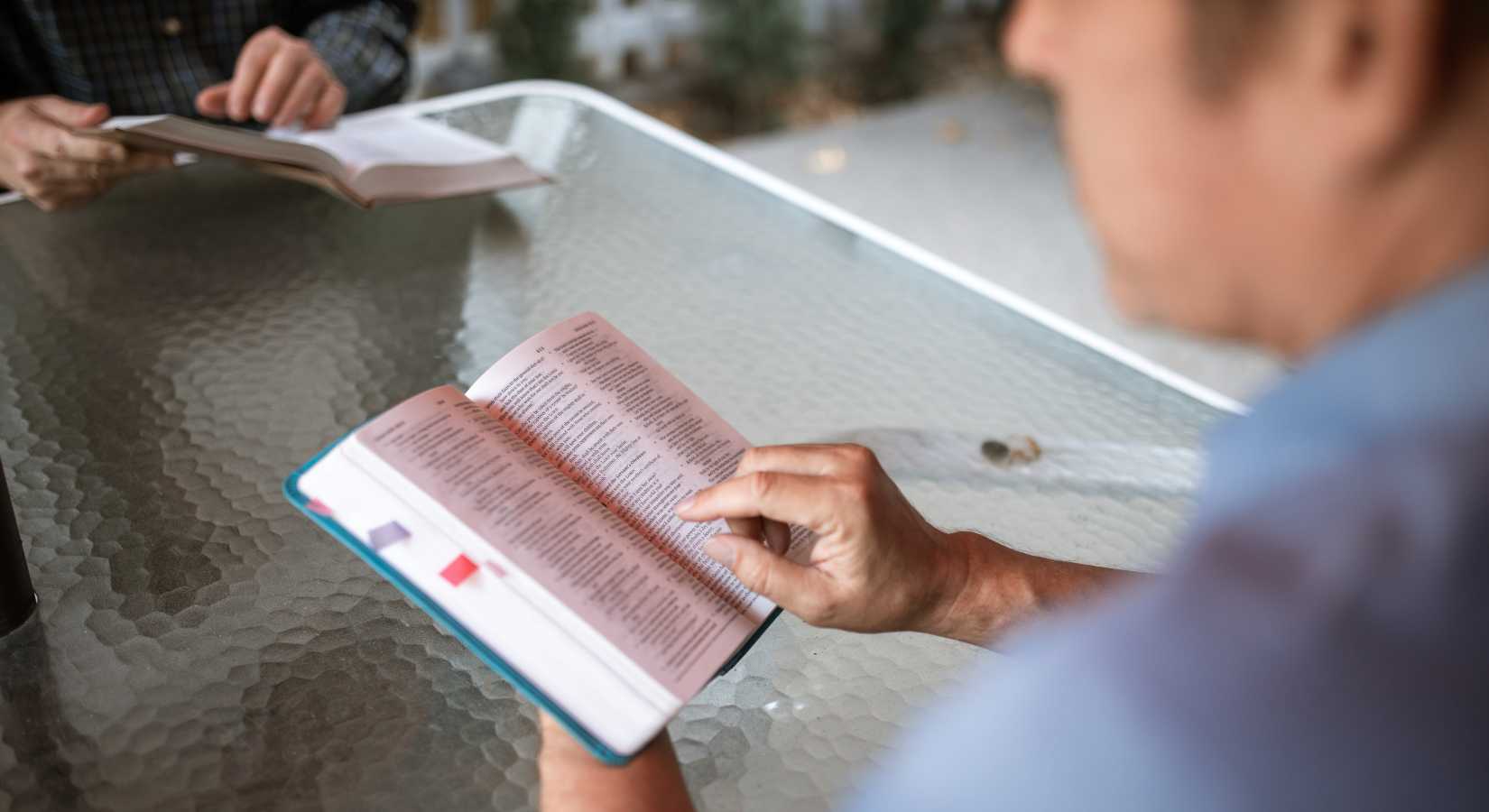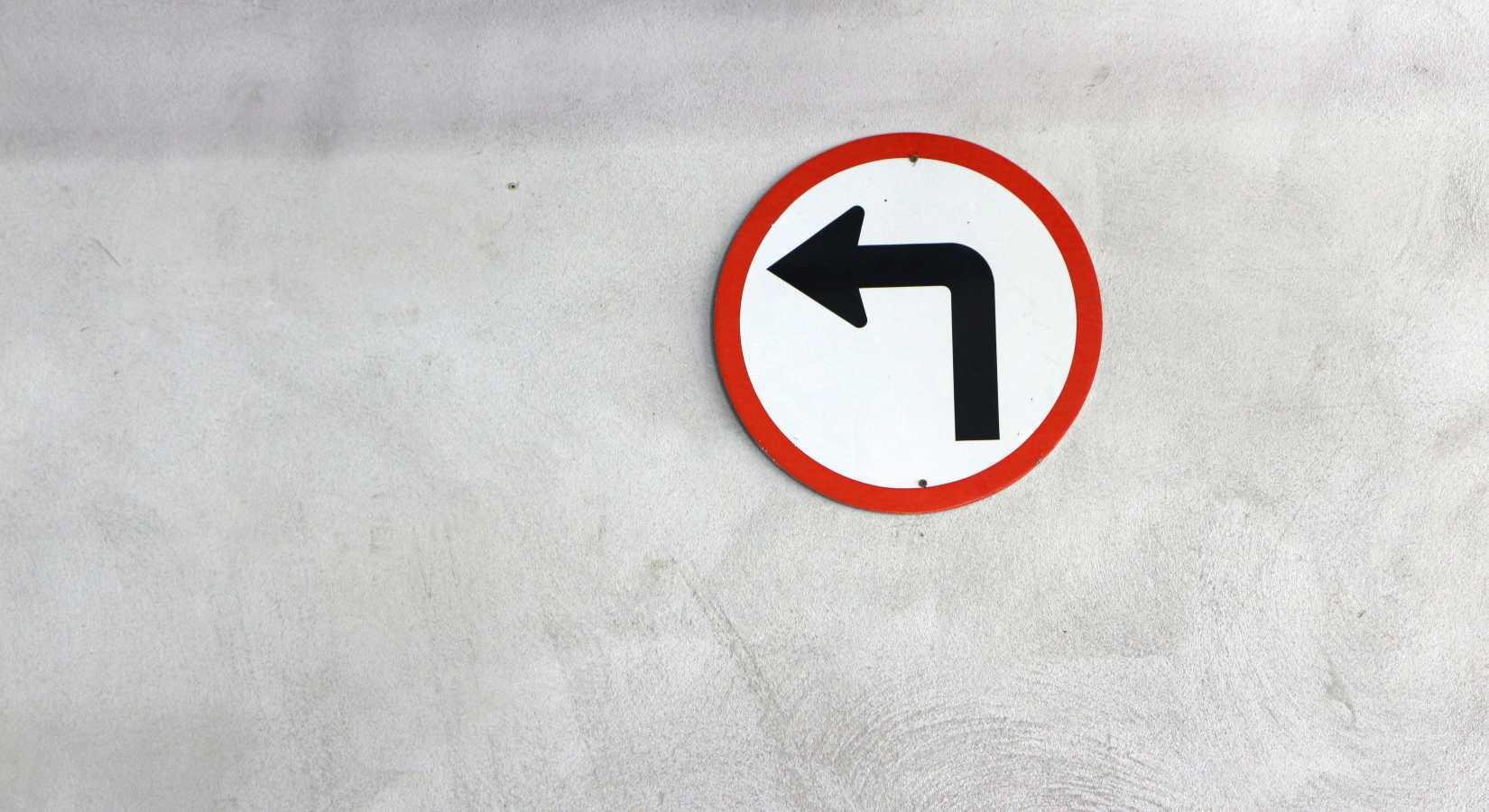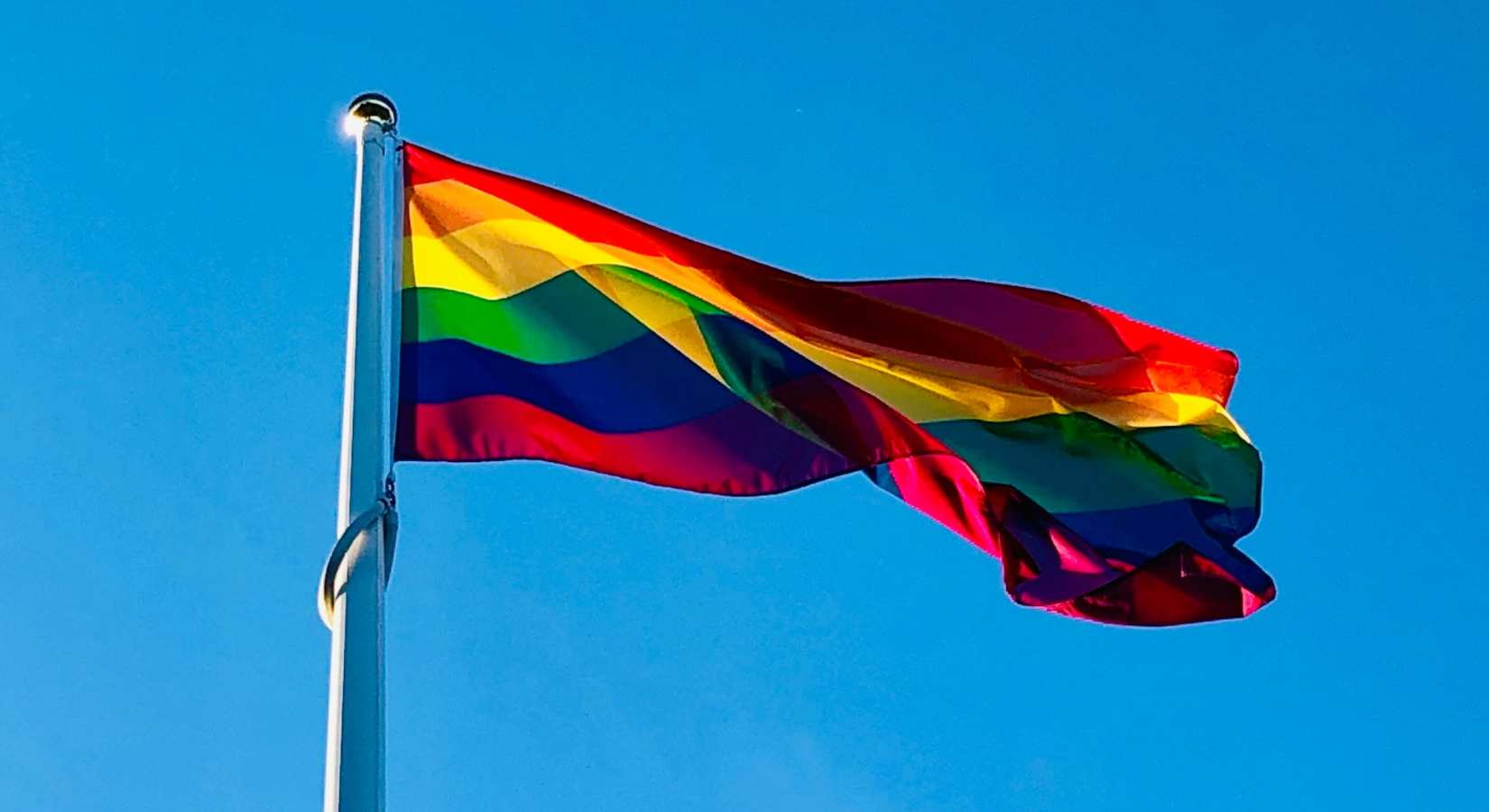Regjeringen i Storbritannia varsler at det blir høring knyttet til forslaget om forbud mot transterapi.
I en grundig juridisk uttalelse som er utarbeidet for instituttet bekreftes det at aktivistenes foreslåtte definisjoner av loven vil kriminalisere det vanlige arbeidet til kirker.
The Christian Institute skriver:
The Government has used the Queen’s Speech to announce a consultation on a ban on so-called conversion therapy.
The consultation will consider the effect of a ban covering sexuality and ‘gender identity’ on religious freedom in England and Wales.
Although the Government said that it does not want to outlaw “legitimate forms of pastoral support”, LGBT lobby groups led by activist Jayne Ozanne are pushing for the ban to criminalise the ordinary work of churches.
‘Long battle ahead’
Alongside the announcement in Parliament yesterday, the Government issued a statement saying: “We will ensure the action we take to stop this practice is proportionate and effective, and does not have unintended consequences. We will ensure medical professionals, religious leaders, teachers and parents can continue to be able to have open and honest conversations with people.”
The Christian Institute’s Simon Calvert acknowledged the pledge but warned: “there is a long battle ahead to argue against amendments from MPs and Peers which may interfere in ordinary church life and family life.
“It is shocking to see activists trying to weaponise a ‘harm’ narrative to justify oppressing conservative religious communities with a ban affecting their prayer, preaching, pastoring and parenting”.
Prayer
The Christian Institute has warned the Government it will pursue legal action if a proposed conversion therapy ban outlaws the ‘wrong kind of prayer’.
In a detailed legal opinion for the Institute, Jason Coppel QC confirmed that activists’ proposed definitions of the law would criminalise the ordinary work of churches.
Mr Coppel warned that prayer, evangelism, church membership, baptism and communion could all breach a broad conversion therapy law like the one recently passed in Victoria, Australia.






